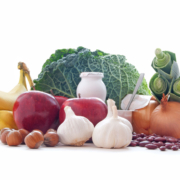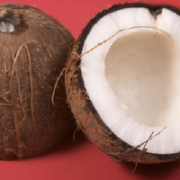Essential Nutrients for Thyroid Health
For better or worse, the food we put into our bodies can be our greatest friend or our worst enemy. Food has the ability to completely strengthen your physiology, enhance your vitality, raise your mental and emotional capacity, and ultimately upgrade your whole being. Underestimating the power of food has, in my opinion, been one of the greatest flaws in conventional medicine. With Thyroid conditions on the rise, over 21 million prescriptions of thyroid medication is now written yearly, making Synthroid our country’s most prescribed drug. It is not uncommon to be prescribed thyroid medication based on symptoms alone or just one lab marker and never once have a discussion about how to meet the nutritional needs of this complex endocrine gland.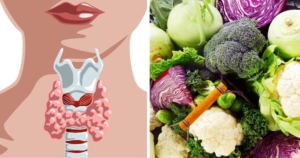
While there are several variables that need to be addressed when evaluating thyroid conditions (environmental toxic exposure, chronic infections, unmanaged stress, gut health, etc.), the overall nutrient status of the patient is often overlooked. It is important for all thyroid patients to emphasize key nutrients that might be lacking in their diet in order for their thyroid to have the building blocks it needs to function properly. Now when it comes to the thyroid, there is no on-size-fits-all treatment. But regardless of the severity or the side of the spectrum you fall on (hypo-hyper), everyone can benefit from building a strong nutritional foundation to keep your endocrine system stable.
NUTRIENTS NEEDED FOR THYROID FUNCTION
PROTEIN
Adequate protein intake (preferably organic grass-fed animal protein) is essential for several reasons. It provides you with tyrosine, L-glutamine and other essential amino acids which provide the building blocks to produce thyroid hormone. The iron content helps to convert iodide (food form of iodine) into iodine (the useable form your thyroid needs). Protein is also required to transport thyroid hormones through your bloodstream to all of your tissues. Other beneficial nutrients you get from grass-fed meat include fat soluble vitamins A, D, E, K, Choline, B-Vitamins, Omega-3s, Zinc, and Collagen. Beyond all of these reasons, adequate protein intake throughout the day helps your body maintain stable blood sugar levels, which is crucial to hormone health.
- If you do not have access to locally sourced quality meats, there are fabulous companies that will ship to your door and lower rates than most butchers and grocery stores. The one that I use is www.ButcherBox.com
IODINE
Iodine is a critical trace element to not only your thyroid, but every single cell in the human body. Without iodine plus adequate protein intake your thyroid doesn’t have the building blocks it needs to produce T4 and T3 (thyroid hormones). Once it was discovered that iodine deficiency was the leading cause of hypothyroidism worldwide, health authorities around the world began fortifying salt and breads with iodine. The problem with this is that you can easily have too much of a good thing. If you supplement with iodine without having proper levels of selenium, autoimmune thyroid conditions can actually be exacerbated. This is why I never recommend supplementing iodine alone, always front load with selenium first, and start with small doses that increase slowly over time.
SELENIUM
This mineral is essential to the thyroid in numerous ways. Selenium helps to regulate hormone synthesis by converting T4 thyroid hormone into its active and useable form T3. In addition to assisting with production thyroid hormones, selenium is also critical in the regulation of thyroid hormonal levels. Several of the enzymes arranged around selenium are key factors in assuring that thyroid hormone levels remain balanced. Selenium also protects the thyroid gland from excessive iodine exposure and from the effects of stress.
IRON
When it comes to iron, it is all about balance. Not enough and too much are both a problem. Iron deficiency reduces activity of heme-dependent thyroid peroxidase, which leads to poor production of thyroid hormone. Iron-deficient anemia is especially concerning during pregnancy as it can rapidly cause a hypothyroid state. However, iron overload is a concern as well as it can damage the thyroid, hypothalamus, pituitary, among other organs. This study shows that people with hemochromatosis (iron overload) are potentially 80 times more likely to have hypothyroidism! https://www.ncbi.nlm.nih.gov/pubmed/6625774
ZINC
Most are aware of the benefits of zinc when it comes to your immune system. However, zinc also has a broad-spectrum use when it comes to thyroid health. First of all, Zinc is required for the synthesis of TSH (thyroid stimulating hormone. In addition, zinc is needed to convert T4 into T3 (active form). And to top it off, without zinc, your hypothalamus can’t gauge how much thyroid hormone your body is making, so the communication between your brain and your thyroid is impaired. With autoimmune thyroid disorders (Hashimoto’s), zinc’s effect on the immune system also comes into play.
VITAMINS A, B2, B12, C, D, & Magnesium
Several other essential nutrients for a proper functioning thyroid include Vitamins B2, B12, C, fat soluble Vitamins A and D, and Magnesium. According to Functional Medicine Specialist Chris Kresser, “Magnesium, B12, and zinc are required for the synthesis of TSH. Riboflavin and vitamin C are required by the iodine symporter to bring iodine into the thyroid gland. Vitamins A and D are required to activate the nuclear thyroid receptor on cell surfaces. There is not a lot of research on deficiencies of these nutrients and thyroid dysfunction, but understanding of thyroid physiology suggests that they should be present in adequate amounts to ensure optimal thyroid function.”
When working with any type of thyroid condition, you always need to look to food first. Once you know the nutritional needs are being met, you can start chipping away at other factors that may be contributing to poor thyroid function. Here is a chart depicting the food sources with the highest amounts of these essential nutrients.
|
NUTRIENT |
FOOD SOURCE |
|
Protein |
organic grass-fed and pasture-raised meats or wild meats and game, including beef, bison, pork, lamb, chicken, duck, turkey, and wild caught fresh fish (pacific salmon, halibut, haddock, cod, snapper, sole pollock) |
|
Iodine |
seaweed, kelp, salt-water fish, eggs, high quality multi-vitamin or supplement |
|
Selenium |
brazil nuts, crimini mushrooms, cod, shrimp, tuna, halibut, salmon, scallops, chicken, eggs, shiitake mushrooms, lamb, and turkey. Brazil nuts are particularly rich in selenium; it only takes one or two per day to improve your selenium status and boost immune function. |
|
Iron |
oysters, clams, liver, venison, beef, organ meats, pumpkin seeds |
|
Zinc |
oysters, liver, crab, lobster, beef, lamb, turkey, (pecans, brazil nuts, almonds, and walnuts to a lesser extent) |
|
Magnesium |
spinach, chard cashews, almonds, pumpkin seeds, sunflower seeds, sesame seeds, fish, black beans, yogurt or kefir, figs, avocados, bananas, dark chocolate |
|
Vitamin A |
organ meats, cod liver oil, seafood, grass-fed dairy |
|
Vitamin B2 |
liver, mushrooms, seaweed, spinach |
|
Vitamin B12 |
clam, liver, oyster, mackerel, sardine |
|
Vitamin C |
red pepper, kiwi, broccoli, citrus |
|
Vitamin D |
cod liver oil, cold-water fatty fish, UV exposure |
References
Meyers, Amy (2016) “The Thyroid Connection: Why you feel tired, brain-fogged, and overweight – and how to get your life back”
Nelson, Ronda – The Well Body Institute (2016) “Mastering The Thyroid”
Kresser, Chris – Kresser Institute (2017) “ADAPT Series”
